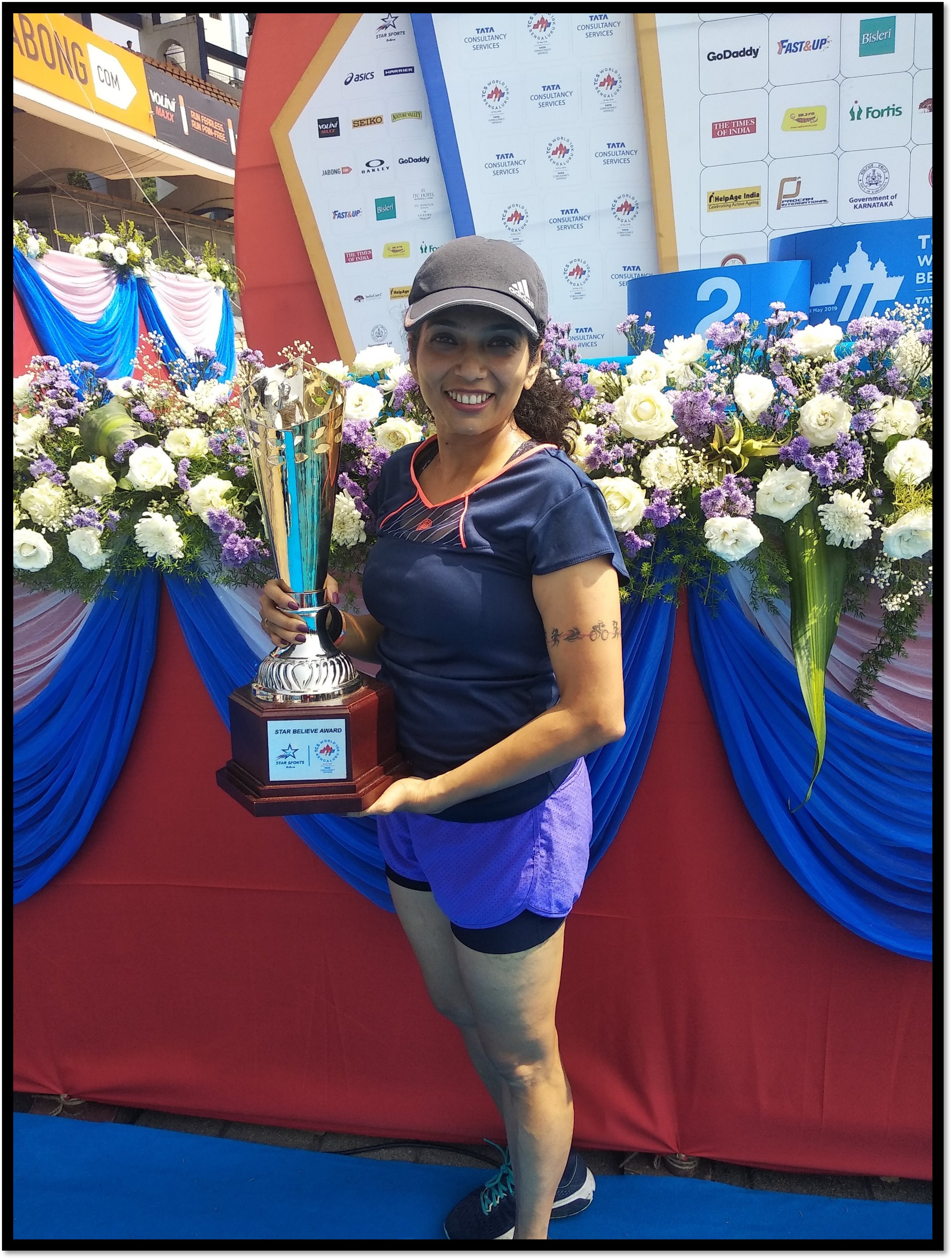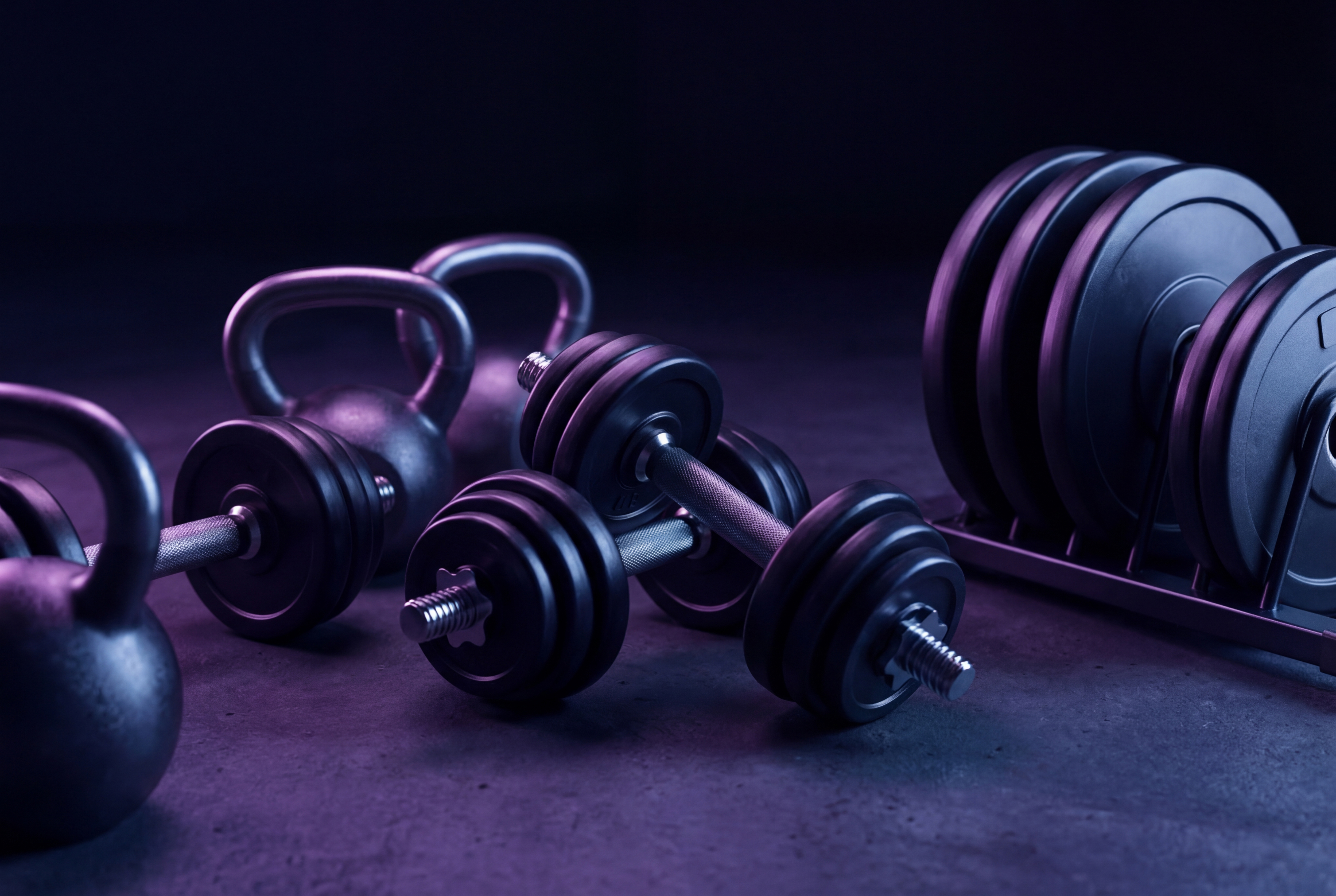Top Hydration Tips for Peak Athletic Performance : hydration drinks for athletes
- Deepa Bhat
- Apr 24, 2024
- 3 min read
Staying adequately hydrated is vital for athletes, especially when temperatures soar outdoors. Athletes can lose up to 1.5litres of fluid per hour during physical exertion, emphasizing the necessity of replenishing lost fluids and electrolytes to sustain peak performance. Hence, it's crucial to maintain fluid intake throughout the day and during exercise or sports activities.
Inadequate hydration during sports or exercise can significantly impact performance.
Hydration supports various bodily functions, including temperature regulation, joint lubrication, and nutrient transportation. As physical activity intensifies and duration increases, the importance of consuming the right type and amount of fluids becomes even more pronounced.

Symptoms of dehydration may be one or all of these fatigue, difficulty focusing, and physical discomfort such as cramps or dizziness. Dehydration significantly impacts athletic performance, manifesting in various ways:
1. Affects Athletic Performance: Adequate hydration is essential for maintaining joint flexibility and speed, influencing overall athletic performance.
2. Endurance Support: Proper hydration supports muscle function, including the heart muscles, reducing the risk of cramps and enhancing endurance.
3. Cognitive Function: Dehydration can impair cognitive function, leading to mood swings, decreased concentration, headaches, and irritability.
Here are two simple ways to ensure sufficient fluid intake:
1. Monitor Urine: Pay attention to the volume and color of your urine. Ideally, it should resemble light yellow, similar to lemonade, indicating proper hydration levels.
2. Track Weight Loss: Weigh yourself before and after activity. Any weight loss during exercise is primarily from sweating. Losing more than 2% of your body weight suggests inadequate fluid intake and potential dehydration.
Determining the appropriate fluid intake depends on various factors, including exercise duration, intensity, weather conditions, body size, sweat rate, and training environment.
Before Exercise:
- Consume fluids containing sodium, if possible, before starting exercise.
- Consume 500-700 ml 4 hours before exercise, and 300-500 ml 2 hours before exercise if urine is concentrated.
During Exercise:
- Aim to drink 200 ml of fluid every 15 minutes, totaling 500-700 ml per hour.
- Consider sports drinks containing carbohydrates for exercise lasting longer than an hour.
After Exercise:
- Rehydrate by consuming 400-600 ml of fluid for every kilo lost during exercise.
- Drink 2-3 cups of fluid every hour for 2-3 hours post-exercise to maintain hydration.
- Opt for water, electrolyte drinks, sports drinks, or chocolate milk.
While drinking when thirsty suffices for short, low-intensity workouts, planning fluid intake is essential for longer, intense sessions or exercising in hot conditions. Athletes with heavy sweating or salty sweat may require additional fluids with added salt.
Overhydration, known as hyponatremia, can occur if water intake exceeds the body's ability to excrete it, leading to sodium dilution and potential health risks.
Electrolytes play a vital role in maintaining optimal muscle, organ, and joint function. Comprising salts and minerals like potassium, calcium, and magnesium, electrolytes are essential for nerve signaling and nutrient absorption. Athletes must replenish electrolytes lost through sweat to prevent imbalances that can hinder performance.
Hydration Strategies: Hydration drinks for athletes
1. Fluid Choices: Athletes can choose from various hydration options, including water, sports drinks, caffeinated beverages, and chocolate milk, each offering unique benefits.
2. Pre-Activity Hydration: Consume fluids containing electrolytes, like sports drinks, before exercise to prepare the body for optimal performance.
3. Intra-Activity Hydration: During prolonged activity, drink fluids at regular intervals to replenish lost fluids and electrolytes.
4. Post-Activity Hydration: Rehydrate post-activity by consuming water or hypotonic sports drinks to restore fluid balance and support recovery.

Understanding Sports Drinks: Hydration drinks for athletes
1. Types: Sports drinks come in isotonic, hypotonic, and hypertonic formulations, catering to various hydration needs during and after physical activity.
2. Selection: Choose sports drinks based on salt loss through sweat, ensuring adequate salt and carbohydrate content to replenish lost electrolytes and provide energy.
While maintaining proper hydration is essential, overconsumption of electrolytes, particularly salt, should be avoided. Drinking water soluble electrolytes in excess can lead to health issues, especially for individuals with high blood pressure or kidney problems. Moreover, excessive sugar intake from sports drinks may contribute to obesity, emphasizing the importance of moderation.
Stay Motivated to Hydrate:
Utilize motivational water bottles with time-marked intervals to track fluid intake throughout the day.
In conclusion, prioritizing hydration is paramount for athletes to sustain optimal performance, prevent dehydration-related complications, and support overall well-being. By implementing effective hydration strategies and remaining mindful of fluid and electrolyte needs, athletes can maximize their potential and excel in their respective fields.





Comments